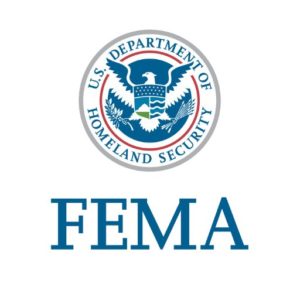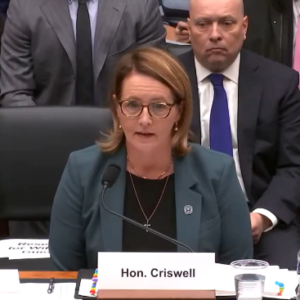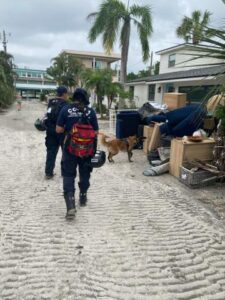Agency is running out of money
 FEMA had a busy and challenging week last week. First, further fallout from reports of political discrimination against storm victims in Hurricane Milton, and then FEMA administrator Deanne Criswell broke the news that the agency is down to just $5 billion in disaster funding after the catastrophic damage from back-to-back hurricanes and other calamities. The subsequent investigation and outrage has prompted at least one lawsuit and a congressional hearing that included testimony from Criswell and Transportation Secretary Pete Buttigieg asking for more disaster relief funding, as many communities across the Southeastern U.S. will need long-term disaster assistance. While FEMA is busy helping folks get back on their feet from the Carolinas down to Florida, many are worried that agency reserves are too low to offer any aid in future storms. In fact, FEMA is still paying for recovery efforts on over 100 past disasters and the reserves are hitting historically low numbers, which means the nation’s emergency checkbook might soon run dry if things aren’t sorted out.
FEMA had a busy and challenging week last week. First, further fallout from reports of political discrimination against storm victims in Hurricane Milton, and then FEMA administrator Deanne Criswell broke the news that the agency is down to just $5 billion in disaster funding after the catastrophic damage from back-to-back hurricanes and other calamities. The subsequent investigation and outrage has prompted at least one lawsuit and a congressional hearing that included testimony from Criswell and Transportation Secretary Pete Buttigieg asking for more disaster relief funding, as many communities across the Southeastern U.S. will need long-term disaster assistance. While FEMA is busy helping folks get back on their feet from the Carolinas down to Florida, many are worried that agency reserves are too low to offer any aid in future storms. In fact, FEMA is still paying for recovery efforts on over 100 past disasters and the reserves are hitting historically low numbers, which means the nation’s emergency checkbook might soon run dry if things aren’t sorted out.

FEMA Administrator Deanne Criswell testifying before the U.S. House Subcommittee on Economic Development, Public Buildings and Emergency Management on November 19, 2024
Florida happens to be at the center of the ongoing investigation into FEMA’s political discrimination, which caused a great stir in the midst of cleanup after our double-header hurricanes, Helene and Milton. As teams were canvassing neighborhoods across the state after Milton, a since-fired FEMA disaster survivor assistance worker, Marn’i Washington, admitted about 20 homes with Trump signs were bypassed in order to disengage from “politically hostile communities” because canvassers experienced verbal “aggression” from homeowners in previous instances. Once the news broke, FEMA immediately fired Washington, who said she was simply following agency-wide policies to ensure safety for all parties involved. Now, Criswell is calling for an Office of the Inspector General (OIG) investigation into the orders, testifying that these actions were “completely at odds with FEMA’s mission,” and asking the OIG to determine whether these were isolated incidents or part of a wider practice. Florida Attorney General Ashley Moody has subsequently sued FEMA leadership for discrimination against Trump voters, stating “it is already clear that defendant Washington conspired with senior FEMA officials … to violate the civil rights of Florida citizens.”

FEMA Colorado Task Force team conducts a search and rescue after Hurricane Helene in St. Petersburg, September 28, 2024. Courtesy, FEMA
While these proceedings carry undeniable importance, even more important is the continued disbursement of FEMA aid to those who desperately need it. The Biden Administration has asked for nearly $100 billion in disaster aid from Congress in the wake of Helene and Milton, with $40 billion going to FEMA’s disaster relief fund. Currently, FEMA is deliberating on assisting with immediate needs funding, which would mean stepping away from long-term projects working on previous disasters and focusing on life-saving needs for upcoming disasters because the reserves are down to less than $5 billion. In this period of increased storm frequency and severity, our resilience and recovery funding must rise to the occasion.
LMA Newsletter of 11-25-24

